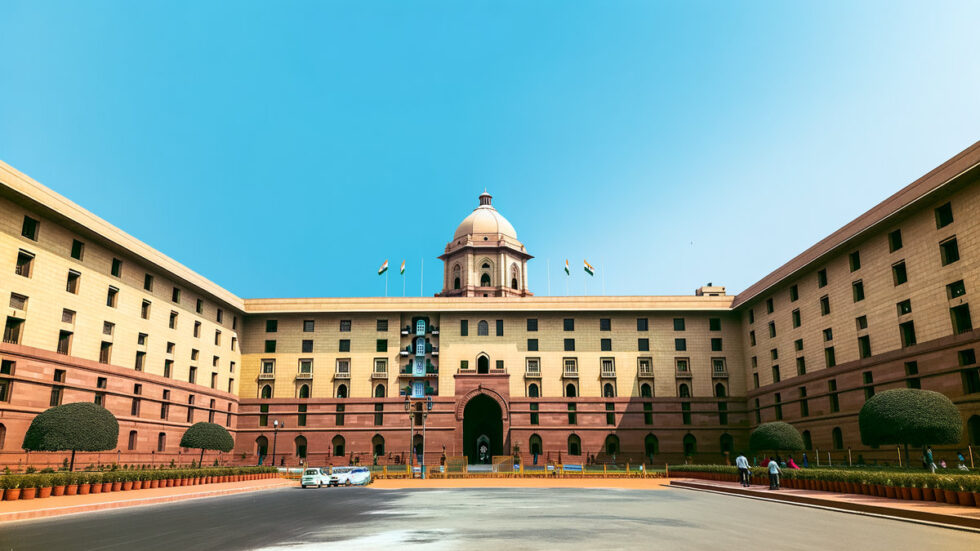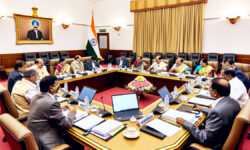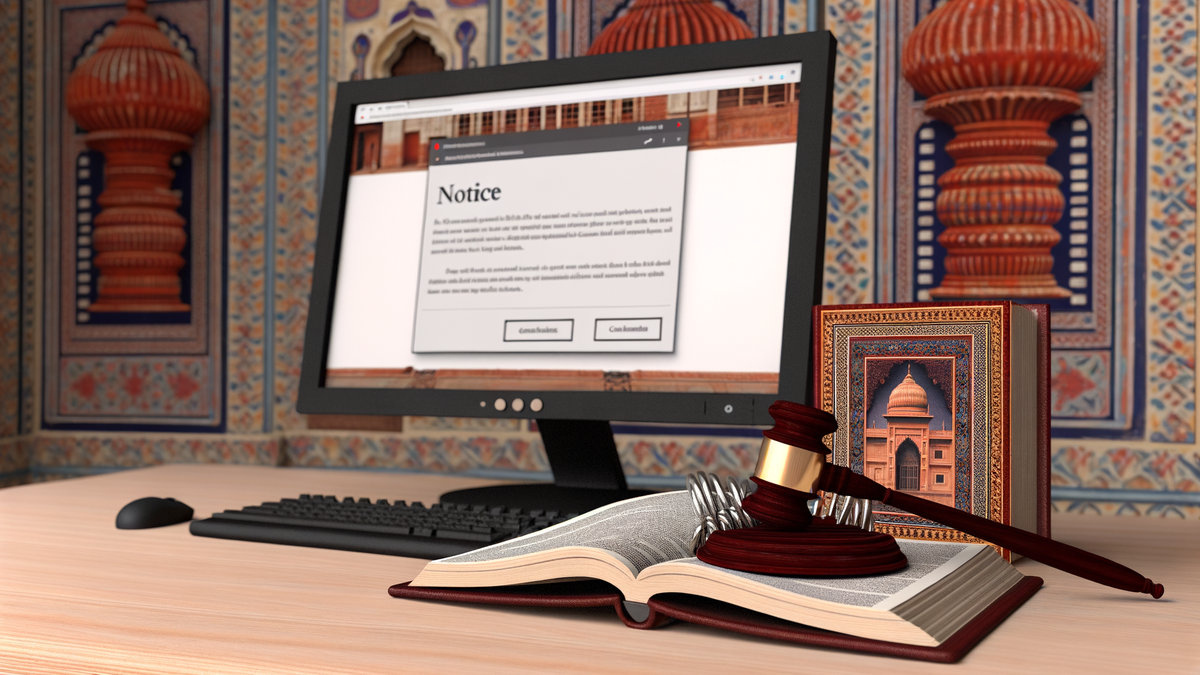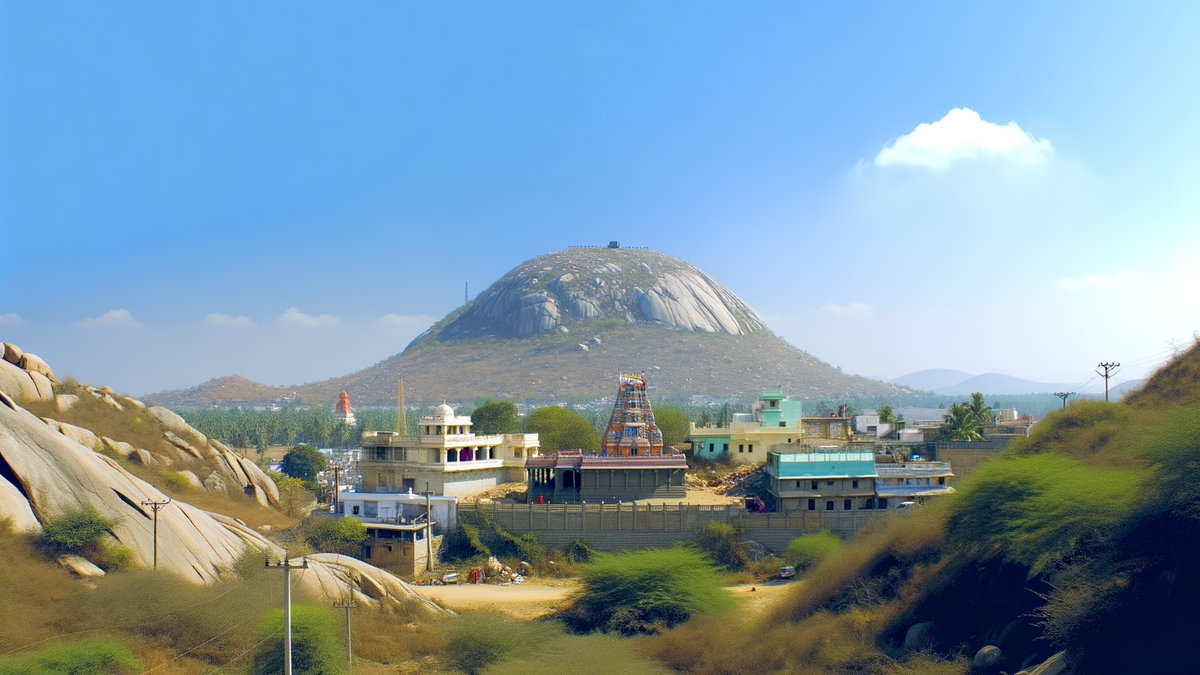
In an era where political dynamics are incessantly evolving, India finds itself at a critical juncture, with the sanctity of its Parliament and the fairness of its proceedings under the microscope. Recent developments in New Delhi have sparked a nationwide conversation about the practices that govern the very foundations of Indian democracy. Concerns have not only been voiced by the general populace but have also echoed through the halls of Parliament, prompting a cross-party call to action.
A significant number of legislators, transcending party lines, have expressed their unease over what they describe as ‘disturbing trends’ undermining the Parliament’s sanctity. These developments have raised alarm bells for many, suggesting a departure from the established norms and practices that ensure the smooth and equitable functioning of India’s highest legislative body. The issues at hand are not new but have seen a troubling intensification in recent times. These include excessive partisanship, disruptions, and a perceived decline in the quality of debate and deliberation.
“The essence of a vibrant democracy is not just in electing representatives but in ensuring that these representatives adhere to the principles of transparency, accountability, and fairness within the parliamentary framework,” notes a constitutional expert based in New Delhi. This remark highlights a growing unease among observers about the potential erosion of parliamentary decorum and the fair conduct of proceedings – elements critical for the health of any democratic institution.
At the heart of the issue is a call for action. Stakeholders across the political spectrum are urging for a reconsideration of parliamentary procedures and conduct, advocating for reforms that can restore the dignity and effectiveness of the institution. Among the proposals are measures to enhance the quality of debate, improve the accountability of lawmakers, and ensure that parliamentary proceedings are inclusive and reflective of the diverse voices within the country.
However, the path to reform is fraught with challenges. Political analysts point out that achieving consensus on the way forward is complicated by the very issues at stake – partisanship and a competitive political environment. Yet, there is an underlying agreement among many that preserving the sanctity of Parliament is paramount for the sustenance of India’s democracy.
In conclusion, the concerns raised over the state of India’s Parliament are a wake-up call for all stakeholders involved. It is a reminder that the strength of a democracy lies not just in its institutions but in the practices and principles that guide them. As India continues to navigate through these tumultuous waters, the focus on reinstating fairness and decorum within Parliament could very well be the beacon that guides the nation towards a more robust and vibrant democratic future.









